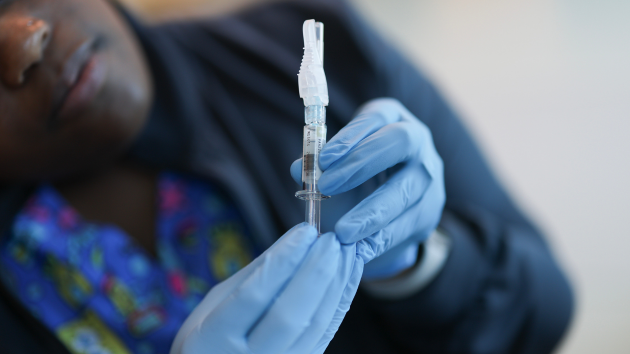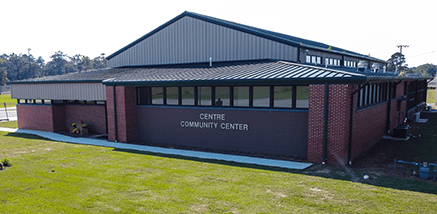
(ATLANTA) — The American Academy of Pediatrics (AAP) said on Tuesday that children ages 6 months to 23 months should receive a COVID-19 vaccine, in contrast with federal health officials.
The recommendations are part of the AAP’s annual childhood immunization schedule, which includes guidance for COVID, flu and RSV vaccines for those aged 18 and younger.
The AAP has been releasing its own recommendations since the 1930s, but in a rare occurrence, the recommendations differ from those put out by the Centers for Disease Control and Prevention (CDC).
The group also recommended Americans age 18 and under receive a COVID vaccine if they are at high risk of severe COVID, live in a long-term care facility or congregate setting, if they have never been vaccinated against COVID or if they live with someone at high risk for severe COVID.
It comes after Health and Human Services secretary Robert F. Kennedy Jr. announced in late May that the CDC would no longer recommend the COVID vaccine for healthy children.
The CDC, which is under Kennedy’s purview, later updated the guidance to a “shared clinical decision making” model — leaving the decision to vaccinate children to parents alongside advice from a doctor.
The prior recommendations were that everyone aged 6 months and older get vaccinated against COVID with the most up-to-date shot.
The contrasting vaccine recommendations highlight the growing rift between federal health officials and medical organizations on vaccine policy.
“The academy has been making pediatric immunization recommendations since the 1930s, that has not changed,” Dr. Susan J. Kressly, president of the AAP, told ABC News. “But what has changed is that this year, we’re doing it in the environment of misinformation, which makes it more important than ever that we provide clear and confident guidance, because the majority of American families really depend on us for this guidance.”
Children between 6 months old and 23 months old are at the highest risk of severe COVID-19, and the vaccine can protect against serious illness, according to the AAP.
“We know that this age group, that’s the highest risk for severe disease,” Kressly said. “And so we want to make sure that those children who are at highest risk and did not live through the pandemic — they were not exposed to COVID viruses during the pandemic — we want to make sure that they are protected as best as possible.”
Although medical organizations may differ in their vaccine recommendations, insurers often rely on the CDC’s vaccine panel, known as the Advisory Committee on Immunization Practices (ACIP), recommendations to determine what they will and won’t cover.
If certain vaccines aren’t recommended by the ACIP, it may lead to parents or guardians facing out-of-pocket costs if their children receive the shot. It could also mean the shots aren’t covered by the Vaccines for Children (VFC) program, a federally funded program that provides no-cost vaccines to eligible children.
“We need to work with our like-minded policy makers who understand the importance of keeping VFC vaccines available in every community for those children who depend on them,” Kressly said. “At the same time, there are children in this country whose vaccines are paid for through commercial insurance, and we are having continuing conversations with major payers to make sure that those can be vaccines are available as well. Vaccination is part of high-quality preventive care, and we are confident that we can work with the payers to make sure that translated into policy.”
Copyright © 2025, ABC Audio. All rights reserved.




